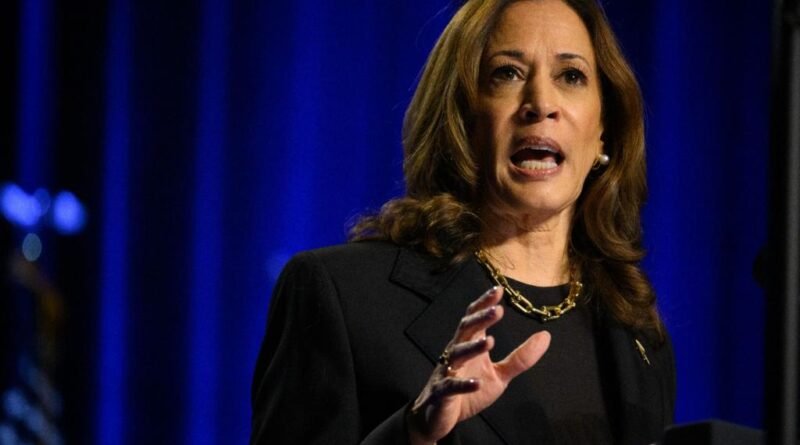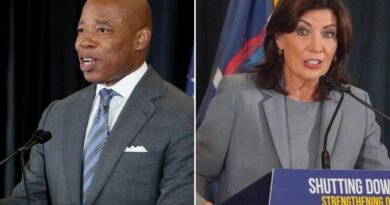Kamala Harris is fiercely challenging the constitutional order

Democrats often talk about “norms” and “democracy,” but their support for certain aspects of the constitutional order can be unclear.
This week, Vice President Kamala Harris expressed her desire to eliminate the legislative filibuster to allow Democrats, if they gain a narrow Senate majority, to overturn state laws and mandate nationwide legalization of taxpayer-funded late-term abortions.
While the filibuster is not a constitutional requirement, it serves as one of the few remaining mechanisms preserving some semblance of constitutional order.
Despite this, many Democrats view the 60-vote threshold to end debate as outdated and facilitating “minority rule,” which they interpret as supporting federalism.
This approach seeks to empower temporary left-wing majorities to push through broad legislative changes without consensus.
Democrats have been critical of various institutions that are crucial for maintaining democracy in a diverse and populous nation.
Their efforts to reform the filibuster are part of a broader agenda to establish a strong, centralized state. Similarly, they have been challenging the legitimacy of the Supreme Court and are considering expanding the court’s size for partisan advantage.
There is also criticism of the Electoral College, as some on the left perceive it as undemocratic, despite its role as a counter-majoritarian institution.
There is a growing trend of “popular constitutionalism” among progressives, allowing Democrats to disregard court decisions and executive orders that may overstep constitutional boundaries.
Overall, the push from Democrats to eliminate the Electoral College, reform the filibuster, rule by executive fiat, and potentially pack the Supreme Court represents a departure from traditional American norms and democratic principles.
David Harsanyi is a senior writer at the Washington Examiner. Twitter @davidharsanyi



